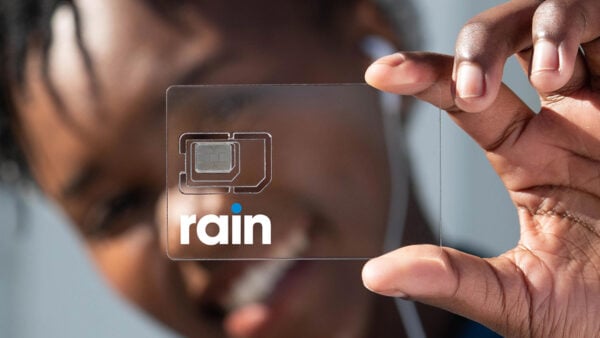Electric bike boom in South Africa

The use of electric micro-mobility vehicles in South Africa’s last-mile delivery sector is expected to grow by 20% annually due to the rapid growth of the country’s online retail industry.
According to GreenCape’s Electric Vehicle Market Intelligence Report for 2025, South Africa’s electric two- and three-wheeler fleet used for last-mile delivery purposes will increase to 21,700 units by 2030.
This means the market size will increase by 17,900 vehicles in the next five years from 3,800 at the end of 2024.
“The growth rate in the online retail sector exceeded 29% in 2023 and is expected to continue to increase 20.4% annually by 2026,” the report said.
“Based on the growth sector of online retail, an annual growth rate of 20% for electric micro-mobility is assumed until 2030.”
This means the market value will increase from R244 million at the end of 2024 to R1.2 billion by the end of the decade.
While electric motorcycles may reduce fuel costs, the capital required to purchase them is significantly more than that of their internal combustion counterparts.
According to GreenCape’s report, the two and three-wheeler EV fleet market size was calculated based on assumptions about the average price of three types of vehicles.
It worked on an electric cargo bicycle costing R40,000, an electric motorcycle costing R90,000, and electric three-wheelers going for R150,000.
In comparison, a new Big Boy four-stroke 150cc motorcycle, one typically used by South African delivery drivers, costs R16,799.
Because of the steep capital requirements of purchasing electric motorcycles, this may prolong the mass adoption in an industry still developing.
However, operational costs over the long term would be significantly less than using vehicles with internal combustion engines (ICE).
For instance, GreenCape compared the capital expenditure needed for electric motorcycles and ICE motorcycles, as well as the operational expenditure (opex) over seven years.
While the capex of purchasing the electric motorcycle was five times as much as that of the ICE vehicle, its opex over seven years was more than four times less.
The operational expenditure of the electric motorcycle over seven years is R46,513, whereas its ICE counterpart costs R198,627 over the same period.
This was calculated assuming a mileage of 36,500km per year or 100km per day.
The business case for electric cargo bicycles is even stronger. At R31,858, they cost roughly twice the capex of an IC motorcycle but six times less the opex over seven years.
Electric three-wheelers are significantly more expensive than the other vehicles, with a capex of R150,000. However, according to the report, they have an opex equivalent to the electric cargo bicycle.
The table below shows the capex and opex for each type of light motor vehicle used for last-mile delivery in South Africa.
| Type of micro-vehicle | Capex | Opex over 7 years | Combined capex plus opex over 7 years |
|---|---|---|---|
| Electric cargo bicycle | R40,000 | R31,858 | R71,858 |
| Eelctric motorcycle | R90,000 | R46,513 | R136,513 |
| Electric three-wheeler | R150,000 | R31,858 | R181,858 |
| Petrol motorcycle | R17,000 | R198,627 | R215,627 |
South African electric three-wheelers making waves

South African firm MellowVans is seeing massive demand for its groundbreaking three-wheeled electric vehicle (EV).
The company aims to combine the best features of motorcycles with light vans for last-mile cargo transport and courier deliveries.
The EV is the first vehicle from a South African automotive original equipment manufacturer to achieve European and British homologation.
Homologation is a lengthy and costly process that makes a vehicle road legal in a particular jurisdiction.
The MellowVan also won the award for Best Vehicle for Goods Logistics at the high-profile Paris Auto Show in October 2024.
Built in a factory in Stellenbosch using 70% local content, the EVs are commonly used by Takealot, DHL, SkyNet, and DPD Laser, as well as on-demand grocery deliveries for Spar2U and Woolies Dash.
In addition to South Africa, MellowVan has vehicles operating in Namibia and Botswana.
The latest-generation MellowVans offer up to 130km of range on a single charge. Their moderately small batteries can be topped up using a conventional combined charging system to wall socket plug adapter.
They also have space for up to 2,500 litres or 150kg of cargo, substantially bigger and heavier than a typical motorcycle box can carry.
According to the company’s website, a MellowVan delivery with a driver is around R16.94, compared with the R32.36 it would cost to deliver the same amount of goods via two petrol-powered motorcycles.
The vans also support active cooling for transporting perishable goods and temperature-sensitive medicine.
Under its current business model, the company only leases the vans on two or three-year agreements, which cover a full Internet of Things subscription for tracking deliveries, insurance, and maintenance.
































